Learn with us
Browse our collection of digital courses and online resources. Learn at your own pace, from the comfort of your own home.
All of our courses incorporate the latest ground-breaking research from a variety of disciplines. Integrate your understanding of concepts through mindfulness practices and group discussion. This is not your average e-learning experience!
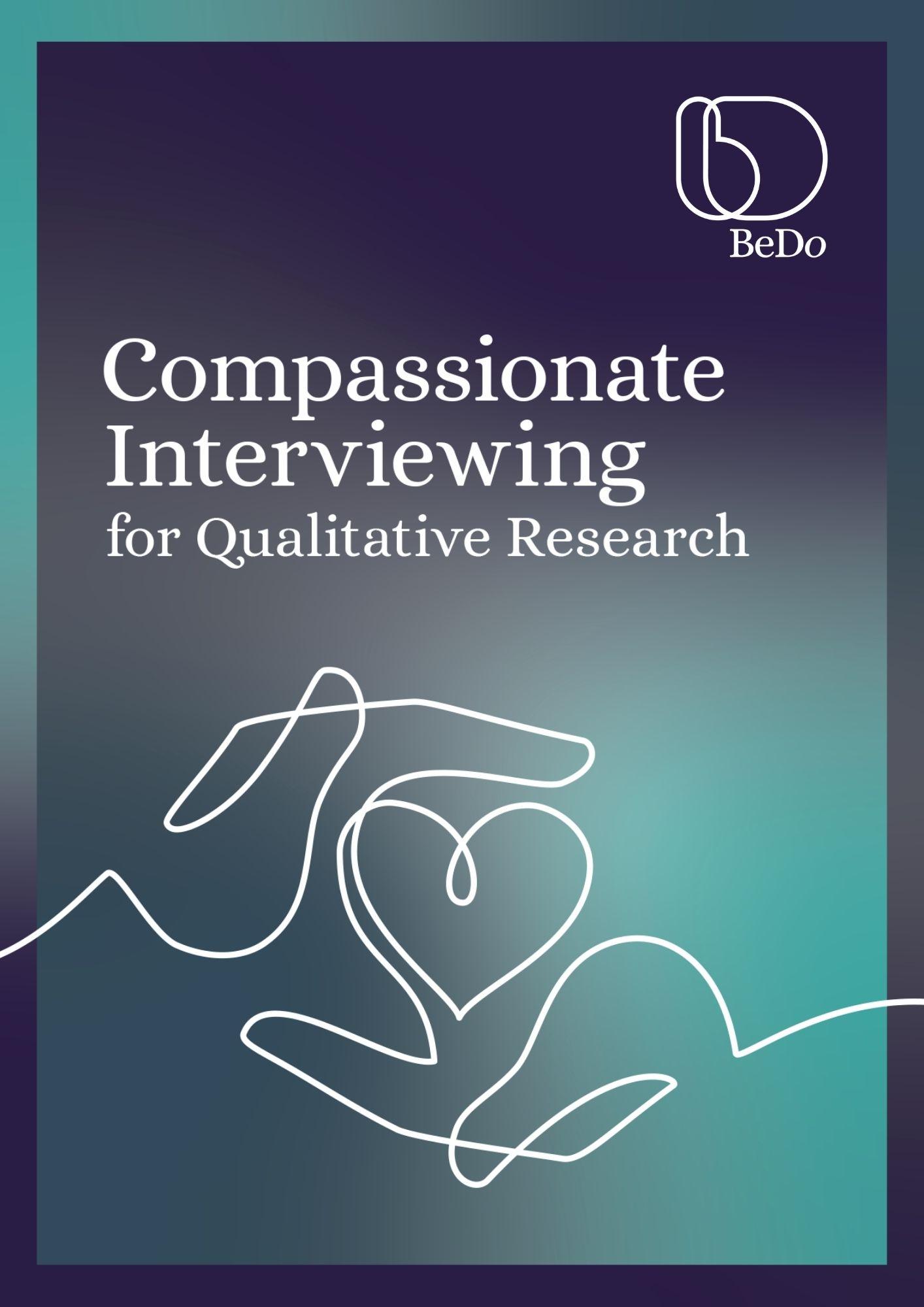
Compassionate Interviewing for Qualitative Research
Compassion is defined as the willingness to turn towards suffering and act in some way to alleviate that suffering. Contrary to popular belief, it is not at odds with researcher ethics or objectivity. Rather, it is an ethical imperative that has the potential to enhance research relationships and researcher wellbeing, while promoting the integrity of our data and its capacity to spark meaningful change.
This workshop will examine the risks and rewards of applying compassion to the qualitative interview as a social science research method. Participants will explore intellectual as well as embodied understandings of compassion, coming away with a toolbox of evidence-based techniques for compassion cultivation. Facilitators will introduce practical frameworks for application in the field, discussing best practices around asking sensitive questions, responding to distress, and setting boundaries to maintain researcher wellbeing.
Compassionate Interviewing is an original project of BeDo, created in fulfillment of co-founder Daillen Culver’s Applied Compassion Training (ACT) at Stanford University’s Center for Compassion & Altruism Research and Education (CCARE).
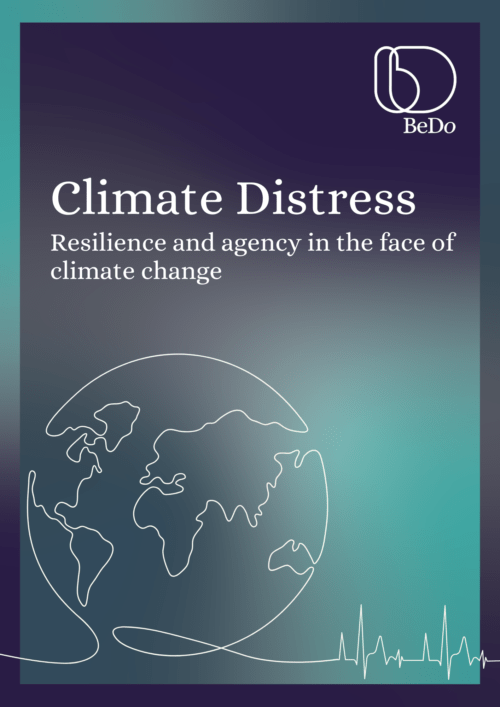
Climate Distress
As the climate crisis continues to evolve, society is grappling with the associated challenges to individual and collective mental health (APA 2017). Those working or studying on the ‘front lines’ report increasing fear, depression, anxiety, hopelessness, and despair—psychological responses which, if left unaddressed, may take a severe personal toll and obstruct the innovative solutions we so desperately need.
This workshop will be particularly relevant for students working on issues of environment, renewable energy, natural disaster relief, and/or other forms of sustainable development. We look at the manifold manifestations of climate distress and mobilize compassion as a framework for understanding both the pain of climate change and possibilities for meaningful collective action. These interactive sessions are designed to safely explore the felt sense of climate distress and introduce practical techniques for mitigating negative mental health outcomes.
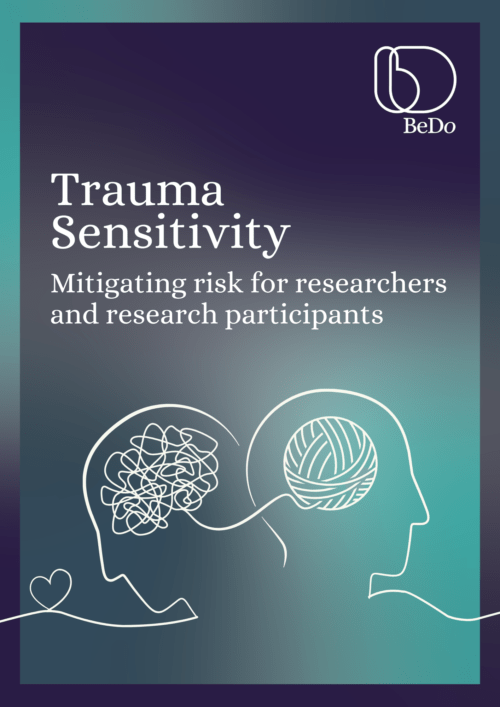
Trauma Sensitivity
Statistically, trauma will touch all of us at some point in our lifetime. As researchers, humanitarians, and activists, a trauma-informed approach can better prepare us to care for ourselves and the communities we serve. In this workshop, we review diverse definitions of complex, individual, and collective trauma, emphasizing its ubiquity and the importance of trauma sensitivity.
Participants practice responding to signals of distress in research participants and develop an action plan for their unique field site. We’ll learn about the risks of vicarious trauma to student researchers, and explore methodological tools and self-care strategies for prevention. Students will leave with an array of practical tips for conducting trauma-informed research and tools for self-care.
The curriculum draws upon Daillen’s Certificate Program in Traumatic Stress Studies with the Trauma Research Foundation (TRF) and may be of particular interest to students working with sensitive subjects and/or potentially traumatized populations.
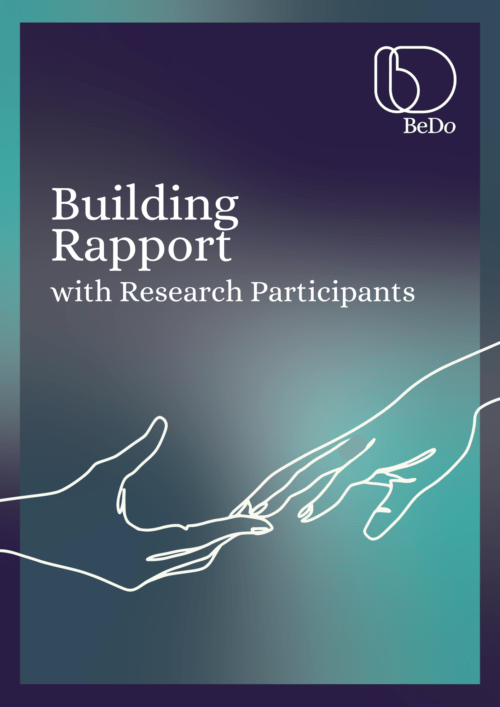
Building Rapport with Research Participants
Rapport between researcher and research participant is integral to the success of any research project. This highly interactive workshop will explore the nuances of the rapport-building process, highlighting the role of trust in productive communication and the complex but necessary work of challenging power asymmetries.
Participants will explore three ‘output channels’ of rapport: body, voice, and words, and learn how to interpret verbal and non-verbal cues. For those conducting virtual/remote research, the workshop will also discuss the opportunities and challenges for building rapport in digital settings.
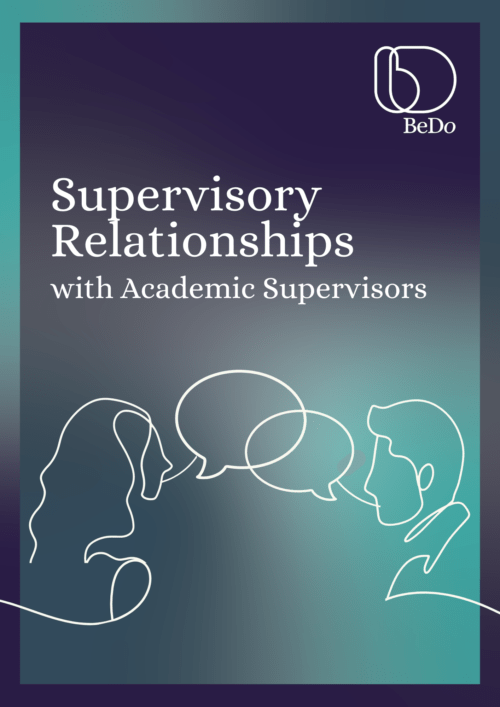
Successful Supervisory Relationships
A healthy relationship with your academic supervisor(s) is one of the most important factors in your academic success. Despite this, many students and researchers report feelings of uncertainty and frustration when it comes to expectations, communication, and boundaries with their academic supervisors.
This workshop underscores the importance of the supervisory relationship and offers practical strategies for setting expectations—your own and those of your supervisor. Facilitators will share evidence-based tools for establishing clear channels of communication and healthy boundary-setting. This five-part course includes downloadable resources and interactive exercises, and participants will receive a certificate upon completion.
